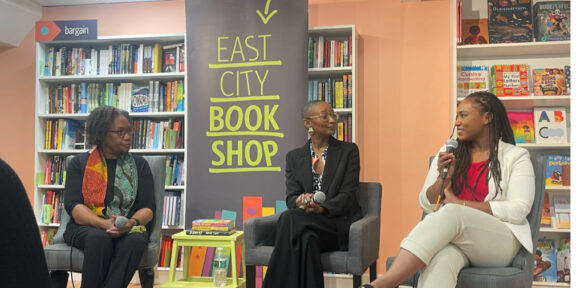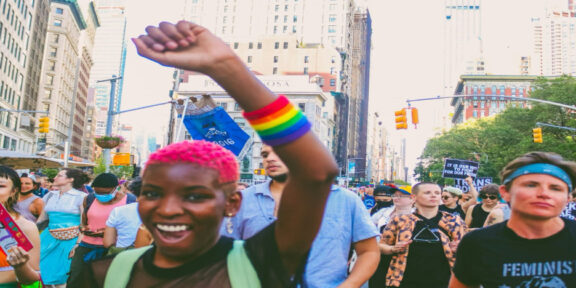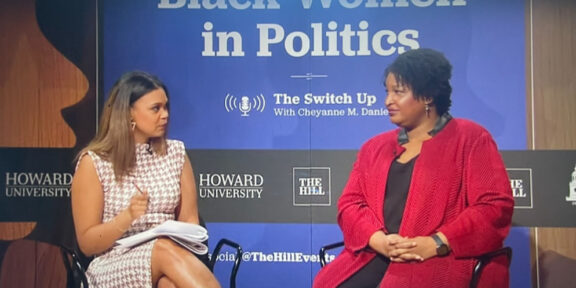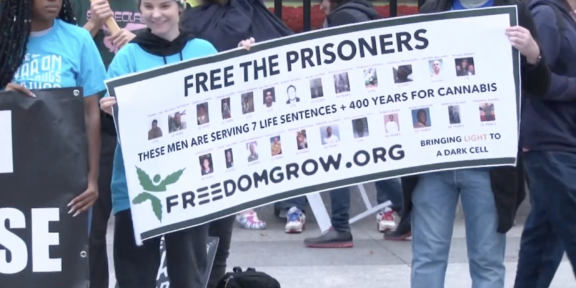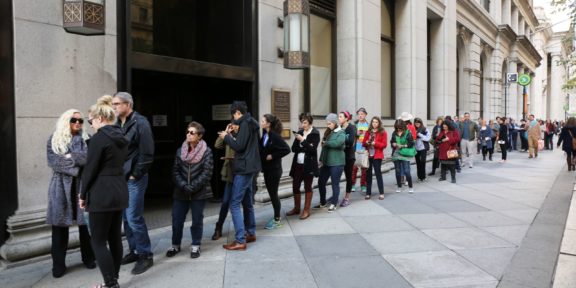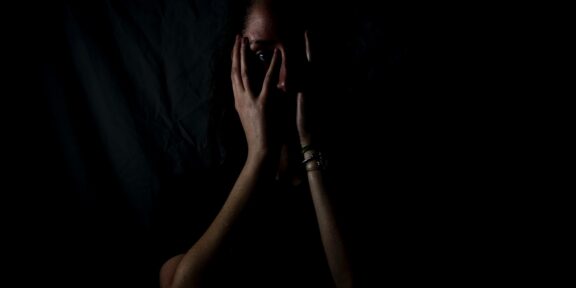By Aniya Greene
Some Black women are opting for birthing centers instead of hospitals, given the state of the current maternal health crisis.
According to the CDC, Black women are two to three times more likely to die from pregnancy-related issues compared to white women.
In response, some Black women have chosen alternatives like birthing centers to combat these health inequities.
“Black women often are not heard in medical practices, and their concerns are frequently not addressed,” said Amorr Nelson, a medical student at Howard University.
As a future medical professional, she feels hopeless in her field.
Historical stereotypes in healthcare contribute to these disparities, such as medical professionals believing black patients hold high levels of pain tolerance. However, doulas have been a helpful part of mending the gap for Black women.
A new bill signed by Gov. Phil Murphy of New Jersey allows doulas to assist mothers in hospitals. Additionally, Vice President Kamala Harris has had an increased focus on maternal health disparities for women of color, allocating $3 billion for maternal health as part of the Build Back Better Act.
Ashleigh Thomas, a certified birth doula, said that birthing centers and doulas “create a supportive environment that can be missing in hospitals. We help women reclaim that sacred space during their maternity journey.”
Part of reclaiming that space has also been through technology. Layo George, a registered nurse and entrepreneur, felt similarly until she created the app Wolomi. Wolomi connects women of color with resources to help them prepare for pregnancy, birth, and postpartum life.
George emphasized that she understood how valuable technology could be for Black mothers. “I knew that we could help moms gain a greater sense of community. They can reach out to experts who can tailor to their needs,” she said.
And these experts, she hopes, will only make the birthing process safer for Black mothers.
“By giving them access to care providers that care for them, we are actively working to reduce black maternal mortality, ” George added.
The shift towards holistic practices in maternal care has sparked discussion of how to combat the crisis within the healthcare system.
Nelson said she believes part of the solution is increasing the number of Black obstetrician-gynecologists (OBGYN). According to the Association of American Medical Colleges, Black people make up 10.7 percent of all OBGYNs.
“By being in these positions, we can immediately recognize issues and address them with our own background knowledge from living as a Black individual in America,” she said.
As the Black maternal health crisis continues, Black women continue to support themselves with technology and birthing alternatives. As a doula, Thomas advocates for Black mothers to receive the care they deserve, regardless of the setting.

